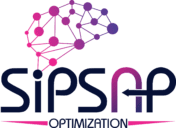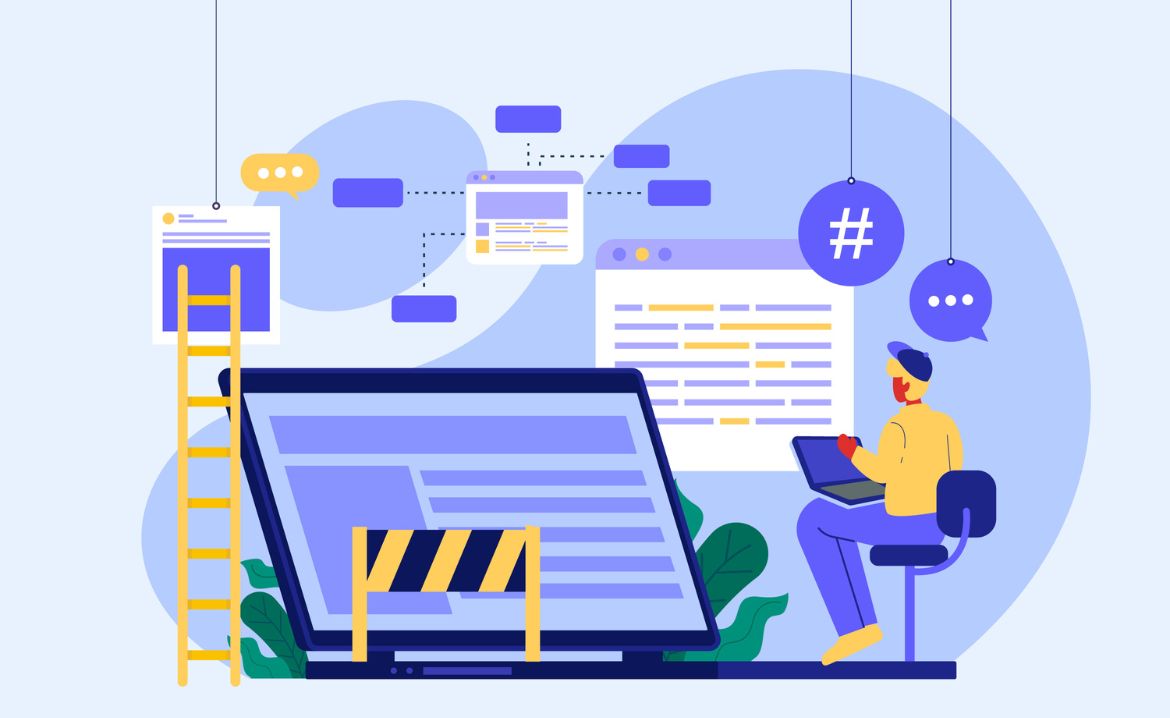Everything you need to know about Web Scraping:
Web scraping has become an indispensable tool for extracting valuable insights and data from the vast expanses of the internet. As, its applications continue to diversify across industries, understanding the legal implications of web scraping is crucial. In this comprehensive guide, we’ll delve into the legal framework surrounding web scraping, with a particular focus on ethical considerations and recent legal developments. Additionally, we’ll explore the case of SIPSAP.US, shedding light on how legal decisions can impact web scraping activities.
Understanding the Legal Framework
Copyright and Intellectual Property Laws
Scraping often involves the reproduction of data, raising questions about copyright infringement. To comprehend these challenges, it’s essential to explore cases where web scraping practices have clashed with intellectual property laws.
Terms of Service Agreements
We’ll discuss the significance of reviewing and respecting website terms of service. A thorough examination of key clauses impacting web scraping activities will be crucial for users to stay compliant.
Recent Legal Cases and Precedents
Recent legal cases have set precedents for the legality of Web Data Mining Google. Analyzing these cases provides insights into the evolving legal landscape and the potential ramifications for those engaged in data extraction activities.
Ethical Considerations in Data Scraping
Responsible Data Usage
We’ll emphasize the importance of responsible data extraction, respecting website owners’ intentions, and ensuring that scraped data is used ethically.
Transparency and Disclosure
This section will outline the need for transparency in web scraping projects, including communicating intent to users and implementing measures for clear disclosure.
Tips for Navigating the Legal Challenges
Seeking Permission for Scraping
Obtaining explicit permission before engaging in Web Data Mining activities is paramount. We’ll explore best practices for reaching out to website owners and securing the necessary permissions.
Data Privacy Compliance
Addressing data privacy concerns is crucial, especially in the era of regulations like GDPR. This section will provide guidance on ensuring compliance with relevant privacy laws.
Mitigating Legal Risks in Web Scraping Projects
Monitoring Legal Developments
Web scraping practitioners need to stay informed about changes in laws and regulations. One of the key legal considerations in web scraping is the concept of “fair use” or “fair dealing.” In some jurisdictions, Data Scraping may be considered a form of fair use, particularly if the extracted data is used for purposes, such as research, education, or commentary. However, the boundaries of fair use can be blurred, and it’s important to consult with legal professionals to ensure that your Data Scraping activities are within the bounds of the law.
Benefits of Web Scraping
Web scraping offers a wide range of benefits for individuals and businesses alike. Here are some of the key advantages of web scraping:
- Data Acquisition: Data Scraping allows you to gather large amounts of data from different websites quickly and efficiently, which can be invaluable for market research.
- Automated Data Collection: Instead of manually browsing through websites and copying data, web scraping automates the process, saving you time and effort. This can be particularly useful for repetitive data-gathering tasks.
- Structured Data: Data Scraping can transform unstructured data from websites into a structured format, such as CSV files or databases, making it easier to analyze and use the data for various purposes.
- Competitive Intelligence: By scraping data from competitor websites, you can gain valuable insights into their pricing, product offerings, marketing strategies, and other business activities, which can inform your own decision-making and strategic planning.
- Personalized Content: Web scraping can be used to curate personalized content for users, such as news feeds, product recommendations, or social media updates, based on their interests and browsing behavior.
- Price Monitoring: It can also be used to monitor prices across multiple e-commerce websites, allowing you to track price changes, identify trends, and adjust your own pricing strategies accordingly.
- Lead Generation: By scraping contact information, such as email addresses or phone numbers, from websites, you can generate leads for your sales and marketing efforts.
These are just a few of the many benefits that Data Extraction can offer. As technology continues to evolve, the potential applications of web scraping, are, likely to expand even further.
Using Scraping Tools Responsibly
We’ll explore scraping tools with built-in compliance features and discuss how users can implement measures to minimize legal risks.
SIPSAP.US Case Study
Drawing from the SIPSAP.US case, we’ll examine how legal decisions can impact web scraping activities. This real-world example will provide practical insights into the challenges and consequences faced by web scrapers, especially those involved in web scraping HTML data from various websites.
Conclusion
In conclusion, navigating the legal landscape of data scraping requires a nuanced understanding of copyright laws, terms of service agreements, and ethical considerations. By following best practices, seeking permission, and staying informed about legal developments, a web scraping expert can operate responsibly and contribute to the responsible use of valuable online data. The SIPSAP.US case serves as a reminder of the evolving nature of Data Extraction legality and the need for practitioners to stay vigilant and adaptable.



